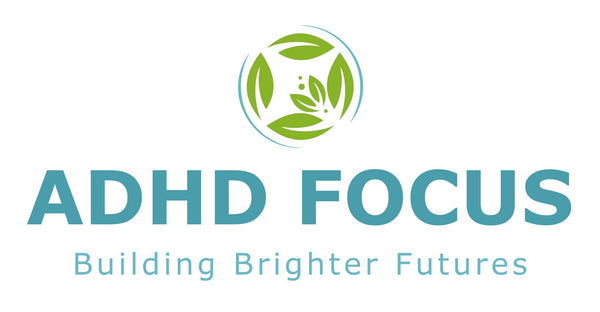
How To Explain ADHD Family Members Who Don’t Believe It
Share
When your child has ADHD, you do everything you can to support them — but what happens when some family members simply don’t believe ADHD is real? Doubts and dismissive comments can leave you feeling frustrated and alone.
This guide will help you explain ADHD clearly and calmly, using facts that are easy for anyone to understand — whether you’re talking to grandparents at a family braai or relatives overseas. Learn how to handle disbelief, answer tricky questions, and build the support your child truly needs.

What is ADHD?
ADHD (Attention-Deficit/Hyperactivity Disorder) is a real, brain-based medical condition. It affects:
- Attention and focus
- Impulse control
- Emotional regulation
It is one of the most common childhood neurodevelopmental conditions and often continues into adulthood.
Common myths:
- ADHD is caused by bad parenting
- ADHD is just naughty behaviour
- ADHD is an excuse for laziness
The truth: ADHD is not caused by sugar, screen time or poor discipline. It is medical and manageable with understanding, structure, and the right support.
Key Facts to Help Explain ADHD
When talking to skeptical family members, share these clear facts:
- ADHD is a brain-based medical condition that affects attention, impulse control and emotions.
- ADHD is genetic and often runs in families.
- ADHD is not caused by parenting, sugar, or too much screen time.
- Children and adults with ADHD often work twice as hard to stay focused and organised.
- Early support and understanding make a huge difference for kids with ADHD.
How to Talk to Family About ADHD
- Use Real-Life Examples: Explain using everyday scenarios, such as how your child struggles to focus on homework or follow multi-step instructions.
- Refer to Experts: Share credible advice from doctors, therapists, or ADHD organisations. Recommend books, websites, or short videos to help relatives learn more.
- Stay Calm and Patient: Try not to let the conversation turn into an argument. Keep it focused on facts and your child’s wellbeing.
- Invite Support: Show family members how their understanding and acceptance can help your child feel loved, supported, and confident.
When to Set Boundaries
Not everyone will change their beliefs. If some family members continue to dismiss ADHD, it may be necessary to set firm boundaries to protect your child’s mental health and self-esteem.
Final Thoughts
Explaining ADHD to skeptical family members takes patience and repetition, but every calm, clear conversation helps break stigma and build a stronger support system for your child.
Related Products
- BrightSpark: Homeopathic remedy to help manage restlessness, impulsivity and attention challenges naturally.
- Focus & Calm: Herbal brain tonic for better focus, memory and concentration.
- MindSoothe Jr.: Gentle herbal support for emotional balance in children.
Related Articles
- Supporting Siblings Of Children With ADHD: Practical Tips for Parents
- Managing ADHD Emotional Outbursts: A Parent’s Toolkit
- How to Make Your Home More ADHD-Friendly for Kids
If you have any question, please contact us or leave a comment below for FREE health advice. We always love hearing from you!
